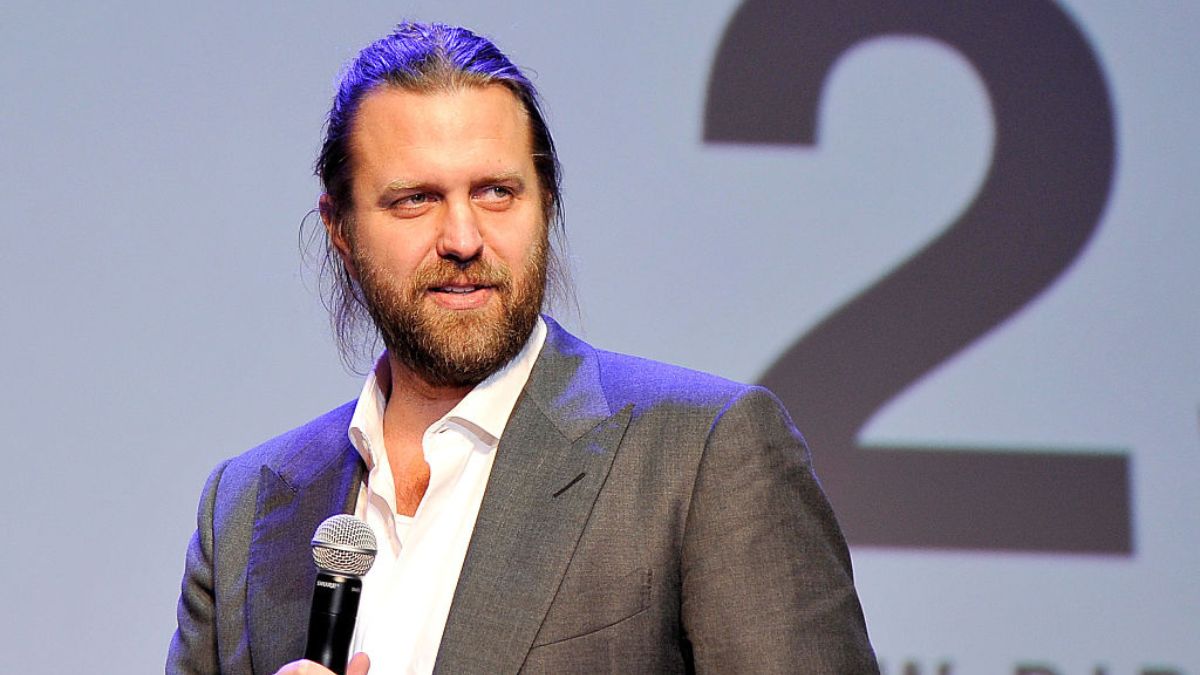
Carl Rinsch, the director of ‘47 Ronin’, is facing fraud and money laundering charges for allegedly scamming Netflix out of $11 million. The 47-year-old filmmaker is scheduled to appear in court in New York City next week for a pre-trial hearing. However, his lawyers say he cannot afford to travel from Los Angeles to New York for the court date.
According to Deadline, Rinsch is accused of taking the money that was meant for his Netflix series White Horse, later renamed Conquest. The series was never completed despite Netflix giving him millions of dollars for production. Instead of using the money for the show, prosecutors say Rinsch spent it on cars, cryptocurrency, lawyers, expensive watches, and other personal items.
The situation has become so dire that federal marshals will have to pay for Rinsch’s travel to New York. His public defender lawyers told the court that their client has “no income” and cannot afford even a $245 plane ticket to attend his court hearing. District Judge Jed Rakoff approved the request and ordered the United States Marshals Service to arrange and pay for Rinsch’s transportation from Los Angeles to New York.
Netflix gave Rinsch $61 million for an unfinished series
The case began in 2018 when Netflix executive Cindy Holland secured the rights to Rinsch’s project White Horse from Amazon. The streaming giant initially gave Rinsch $61 million to create the android drama series. The project had support from actor Keanu Reeves, who starred in Rinsch’s previous film, which was an epic disaster, losing $100 million.
After burning through $44 million with little progress on the series, Rinsch asked Netflix for another $11 million in 2020. He told the company he needed the extra money for pre-production and post-production work to finish the show. Netflix agreed and gave him the additional funds.
Interested to hear director Carl Rinsch's side of Netflix fraud charges against him pic.twitter.com/3X4vzRh2BZ
— Artists Against the False Allegations Industry (@AAFAI_org) March 21, 2025
Despite telling Netflix that everything was “awesome and moving forward really well” on the project, Rinsch allegedly used the money for personal expenses instead of completing the series. When Netflix realized what had happened, it took Rinsch to arbitration court to get its money back. Netflix won the case and was awarded $12 million, but Rinsch has not paid back any of the money.
The trial was originally set to begin on September 8, but it has been moved to December 2. Rinsch has pleaded not guilty to all charges. If found guilty, he could face decades in prison. The case highlights the risks streaming companies took during the early days of big-budget content spending that led to surprising controversies, when platforms like Netflix were handing out large sums of money to filmmakers and creators.







